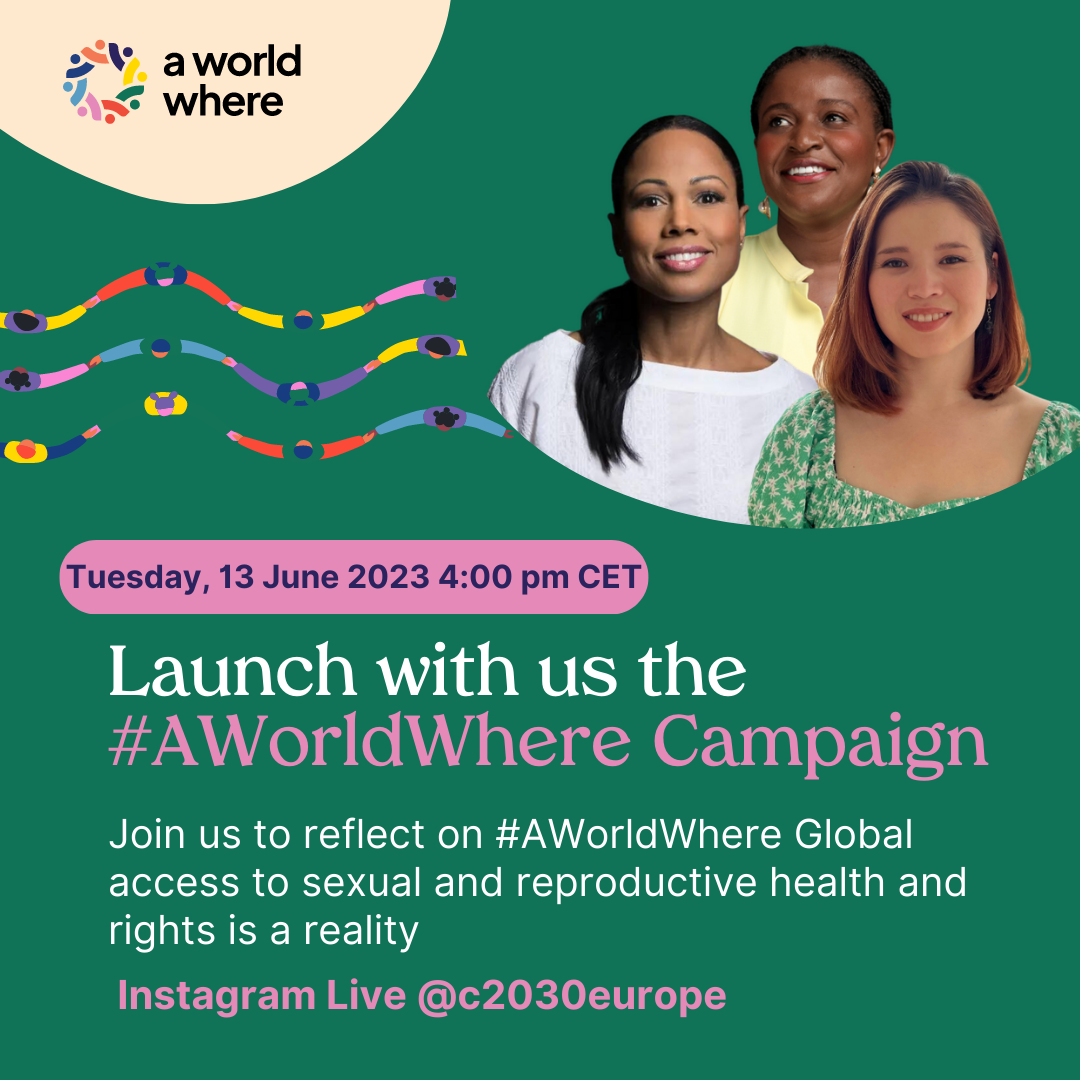Rutgers, the Dutch member of the Countdown consortium, spoke about the implications of the pandemic and related lockdown situation on sexual and reproductive health and rights (SRHR) with the Dutch Ministry of Foreign Affairs. In the past month we have seen rising rates of gender-based violence, disruptions in the supply chains of health commodities such as reproductive health supplies and multiple publications warn that national policies and structural barriers may contribute to many people losing access to sexual and reproductive healthcare services, such as family planning. [1]
According to the Dutch Minister for Development Cooperation Sigrid Kaag, COVID-19 is not the only health crisis taking place in the world. Regular health care and health care systems are already vulnerable in many developing countries, this includes SRHR, child and maternal health, TB, malaria and HIV/AIDS. We know from experience that in fighting health crises, the lack of capacity in the sector leads to deficiencies in regular health care as well. For example, the Ebola crisis caused large numbers of maternal mortality due to the strain put on the system, not the disease itself. [2]
Minister Kaag has committed 100 million euros to prevent the spread of COVID-19 in Africa and other parts of the world [3] – with these efforts putting special attention on women, girls and people in vulnerable situations such as refugees, displaced persons and migrants. To add, she reaffirmed her commitment to SRHR during and after the COVID-19 crisis. The Netherlands has always been a strong supporter of SRHR, and the leadership of Minister Kaag is crucial in this respect. The extra funding of 100 million euros will be divided into: 50 million to fight socio-economic consequences and health system support, 15 million for prevention and 35 million is earmarked for humanitarian aid. More specifically, beneficiaries include WHO, UNICEF, GFF (10mln), the Red Cross, IMF and other response and recovery programmes. The funding derives from a reallocation of the Foreign Affairs budget.
Rutgers has advocated for the need to integrate SRHR in the COVID-response. We have also called for the support of organizations with a sustainable, human rights-based approach to the crisis who integrate SRHR into their interventions. Lastly, Rutgers supports the idea to have 1% of the COVID-19 national emergency package dedicated to the international response to the pandemic as per the asks made by Partos, the Dutch membership body for organizations working on international development.
By Evi van den Dungen & Stéphanie van der Wijk, Rutgers
Read C2030E Asks for European Donors on COVID-19.
[1] https://www.guttmacher.org/article/2020/04/crisis-horizon-devastating-losses-global-reproductive-health-are-possible-due-covid
[2] Figueroa, C.A., Linhart, C.L., Beckley, W. et al. Maternal mortality in Sierra Leone: from civil war to Ebola and the Sustainable Development Goals. Int J Public Health 63, 431–432 (2018). https://doi.org/10.1007/s00038-017-1061-7
[3] https://www.rijksoverheid.nl/documenten/kamerstukken/2020/04/14/kamerbrief-nederlandse-inzet-bestrijden-coronacrisis-ontwikkelingslanden
Photo credit: IPPF_Samar Abu Elouf_Palestine



